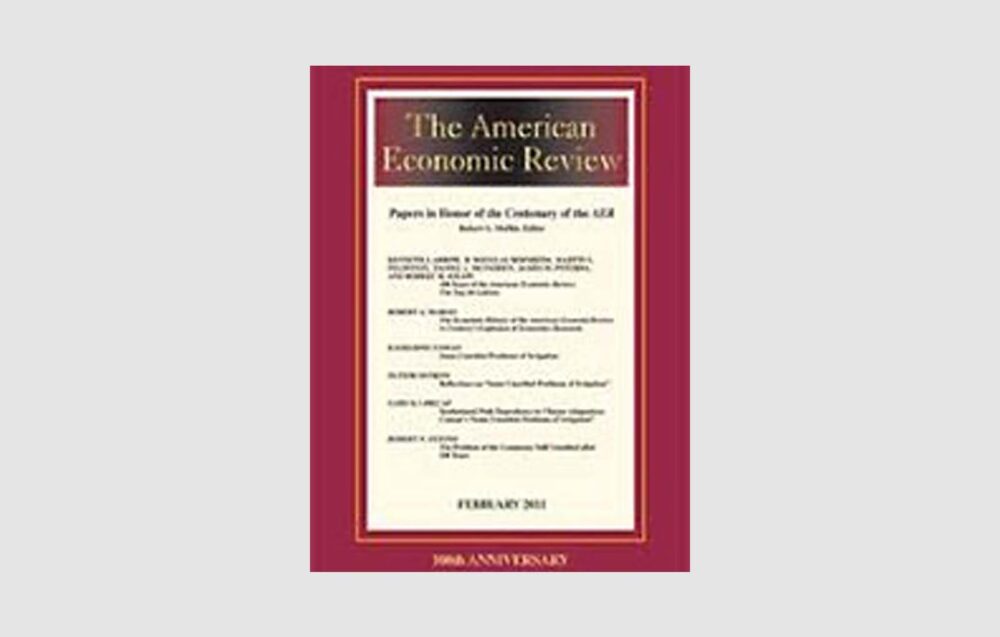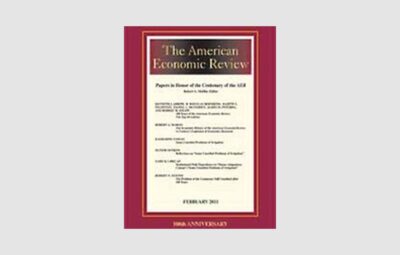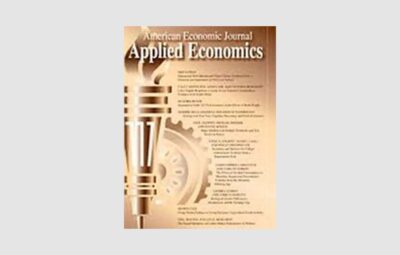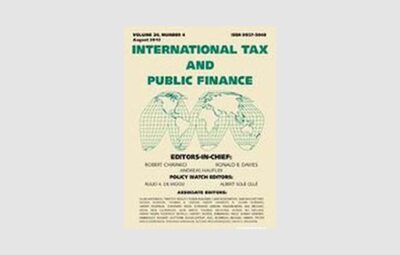In a large-scale controlled trial in collaboration with the reelection campaign of an Italian incumbent mayor, we administred (randomized) messages about the candidate’s valence or ideology. Informational treatments affected both actual votes in the precincts and individual vote declaration. Campaigning on valence brought more votes to the incumbent, but both messages affected voters’ beliefs. Cross-learning occurred, as voters who received information about the incumbent also updated their beliefs about his opponent. With a novel protocol of beliefs elicitation and structural estimation, we assess the weights voters place upon politicians’ valence and ideology and employ the model to simulate counterfactual campaigns.
How Do Voters Respond to Information? Evidence from a Randomized Campaign
Joint with Chad Kendall and Francesco Trebbi



